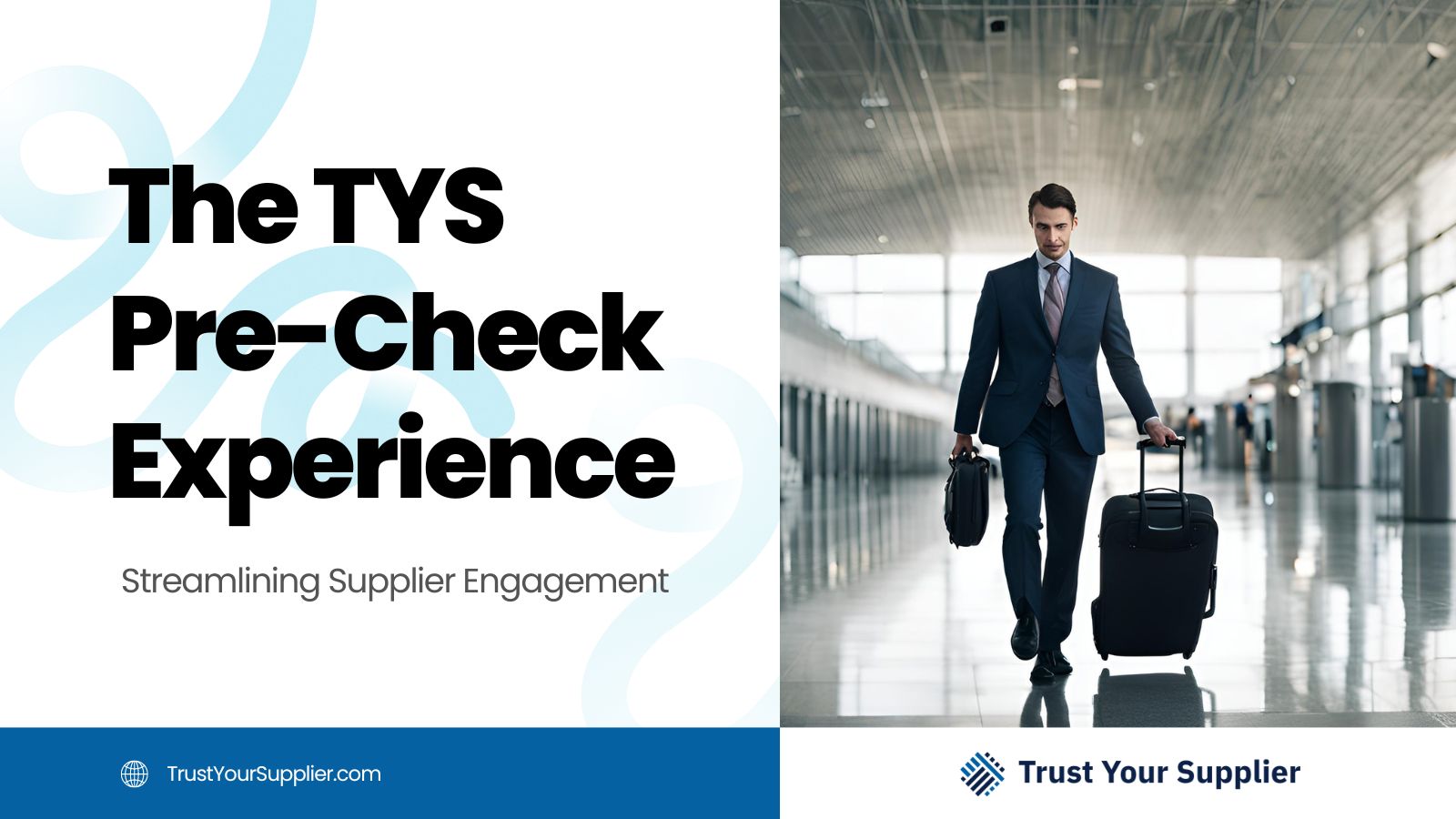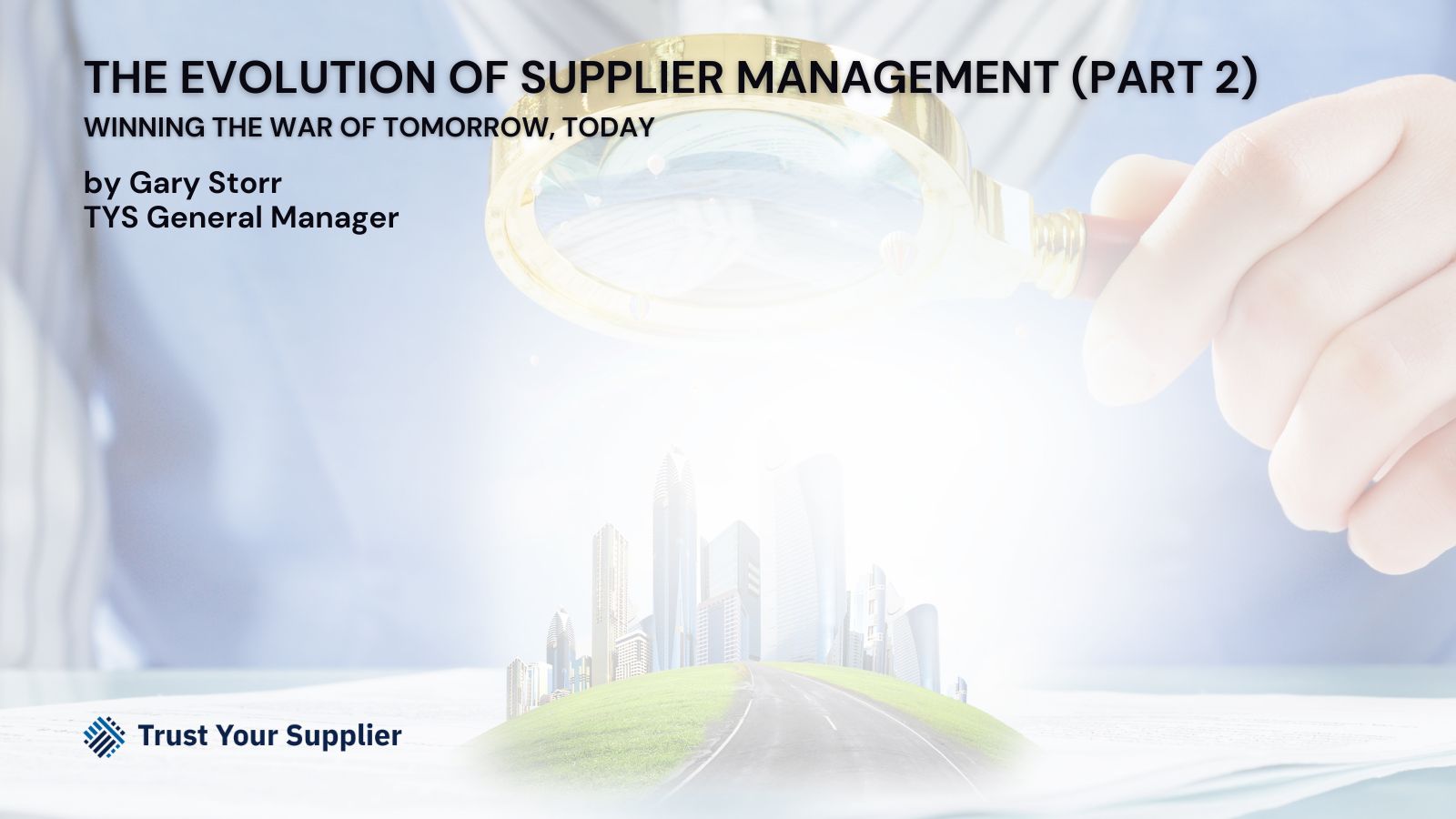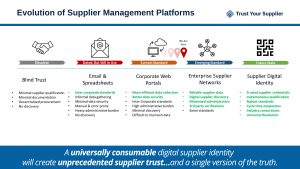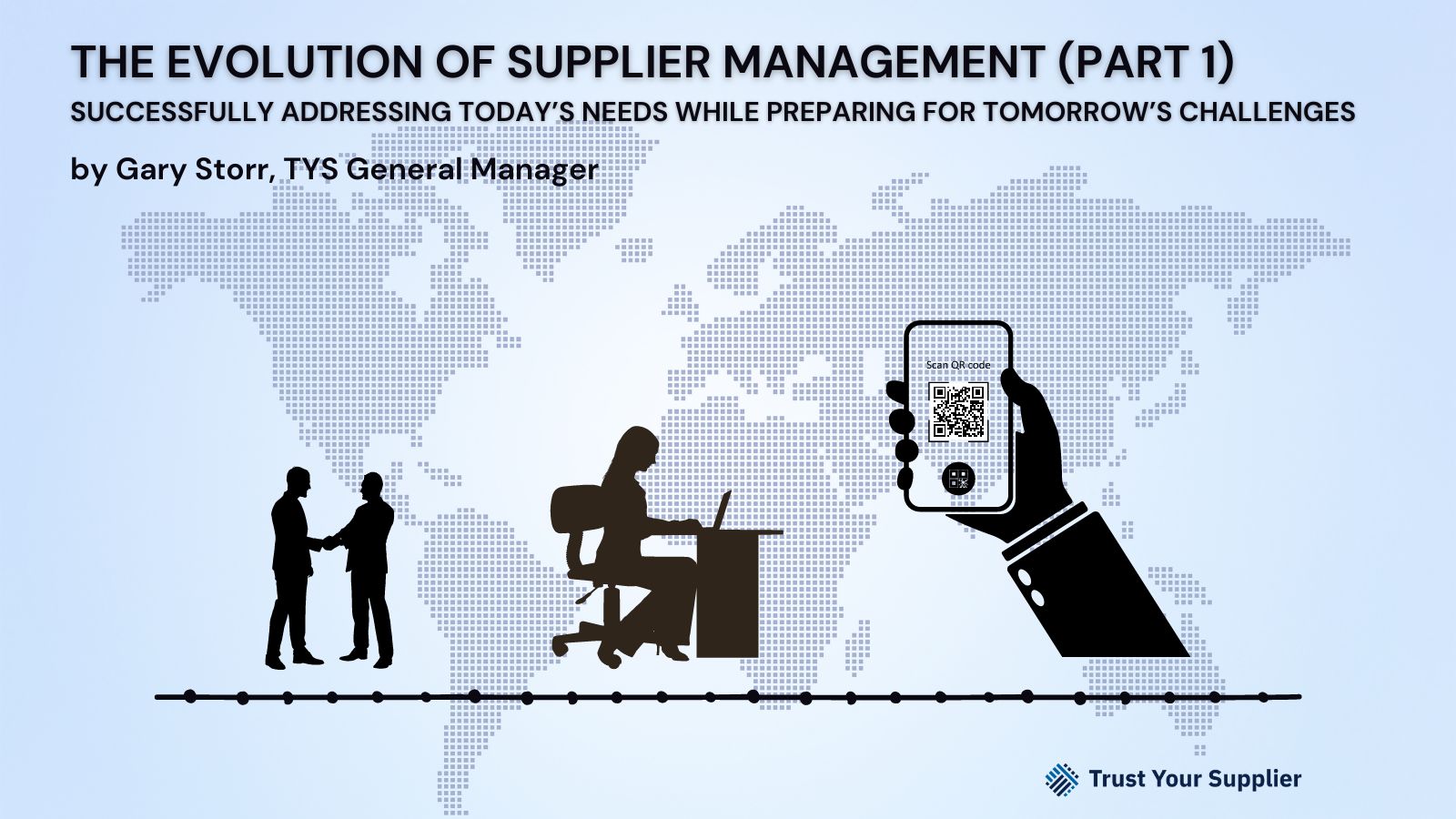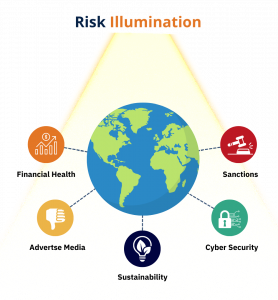In the realm of procurement, time is a precious commodity. According to McKinsey*, it typically takes three months to complete a single supplier search, with a sourcing professional dedicating over 40 hours of work—often only managing to consider a few dozen suppliers from a pool of thousands. This statistic underscores the inefficiency and frustration inherent in traditional supplier pre-qualification processes.
At Trust Your Supplier (TYS), we recognize these challenges and have designed our platform to streamline and enhance supplier pre-qualification, allowing businesses to operate more efficiently and make informed decisions swiftly.
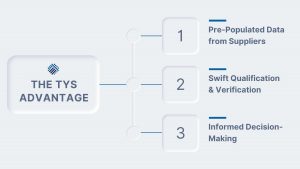
The TYS Advantage
Premarket Analysis with Pre-Populated Data One of the key features of TYS is the integration of pre-populated firmographics by the supplier and risk data, along with verified and accurate contact details. This comprehensive database provides procurement professionals with essential information upfront, significantly reducing the time spent on initial research and data gathering.
Swift Qualification & Verification With TYS, users can quickly move through the qualification and verification steps necessary for onboarding suppliers. Our platform facilitates thorough market analysis before onboarding tasks begin, enabling companies to identify potential suppliers that meet their criteria early in the process. This upfront analysis ensures that only the most suitable suppliers are considered for further evaluation, eliminating unnecessary effort and costs associated with onboarding unqualified candidates.
Informed Decision-Making By providing more information at your fingertips upstream, TYS empowers procurement teams to make informed decisions about whether to proceed with onboarding a particular supplier. This early determination helps to minimize the time and resources spent on suppliers that may not ultimately meet the organization’s needs.
Realizing the Benefits
The advantages of using TYS for supplier pre-qualification are manifold:
- Efficiency: Reduce the time required to identify and qualify suppliers, allowing your team to focus on strategic tasks.
- Cost Savings: Lower the costs associated with the onboarding process by eliminating unqualified suppliers early.
- Risk Mitigation: Access to accurate risk data helps in identifying potential issues before they become problematic.
- Enhanced Collaboration: Our platform fosters better collaboration between sourcing professionals and suppliers, ensuring a smoother onboarding process.
By leveraging TYS, your organization can streamline procurement operations and build stronger, more reliable supply chains.

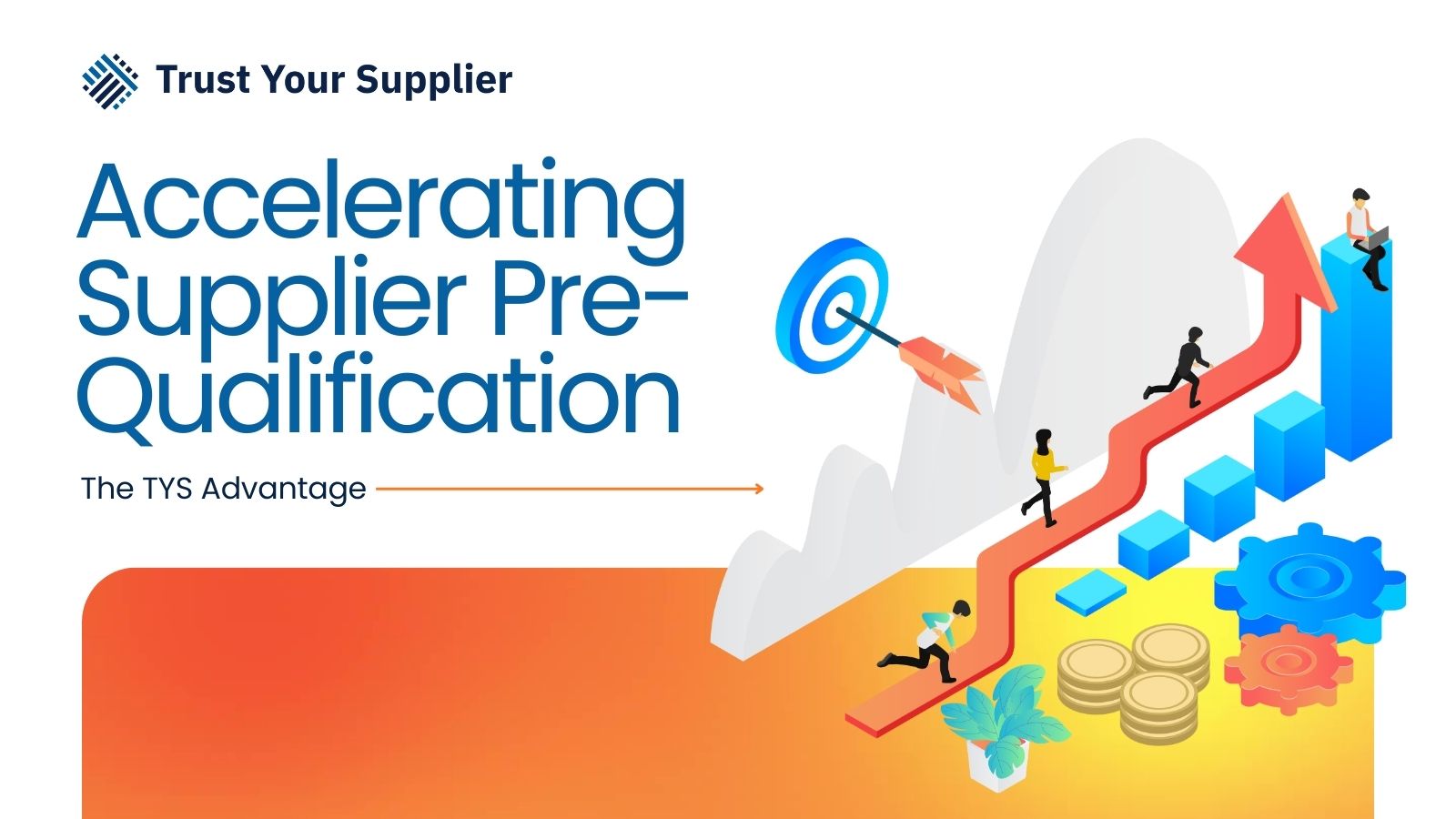

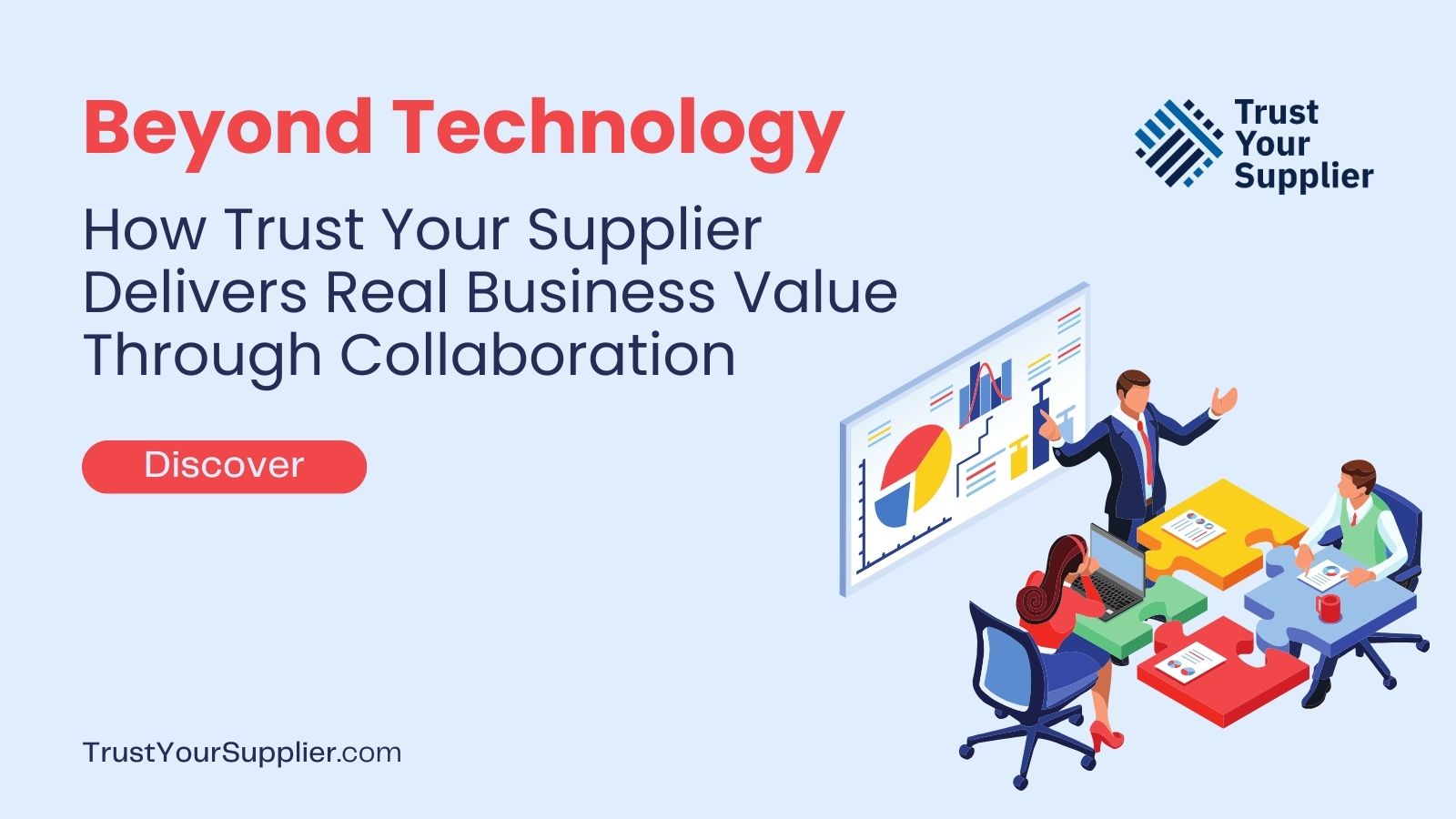
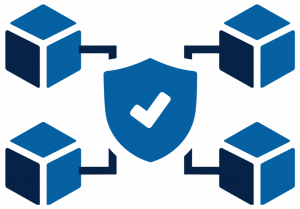
 Jim Mason’s observation resonates deeply with our ethos: “There was a clear business value opportunity in the market. The TYS team and their clients came together collaboratively to define the right solution that delivers value.” This collaborative spirit ensures that the solutions we develop are not only technologically advanced but also practically applicable and tailored to deliver tangible business outcomes.
Jim Mason’s observation resonates deeply with our ethos: “There was a clear business value opportunity in the market. The TYS team and their clients came together collaboratively to define the right solution that delivers value.” This collaborative spirit ensures that the solutions we develop are not only technologically advanced but also practically applicable and tailored to deliver tangible business outcomes. 